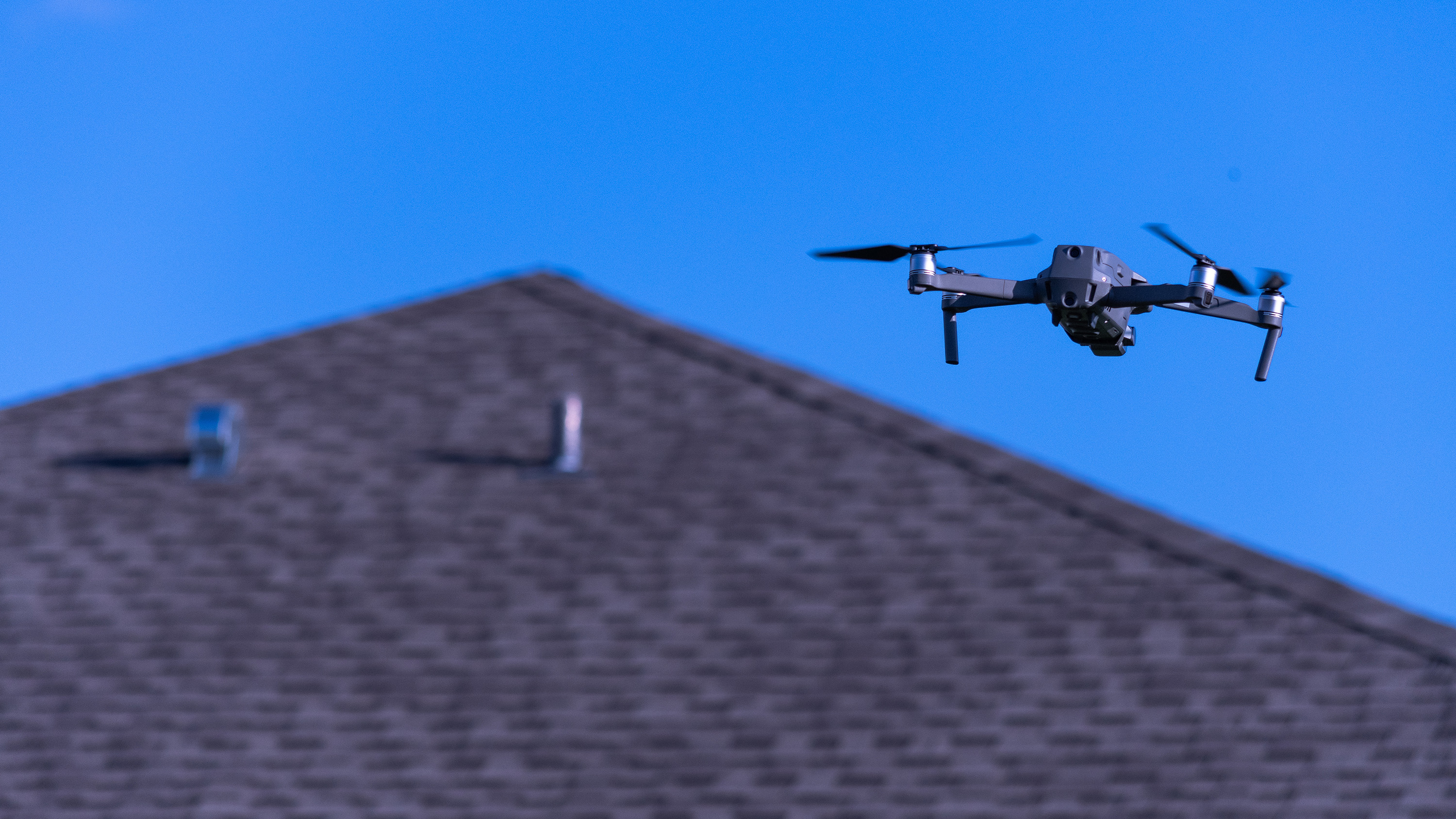Beaverlab's new AI-powered 4K telescope takes you closer to the stars
Beaverlab is crowdfunding an upgraded all-in-one telescope packed full of AI features and for an extremely attractive price!
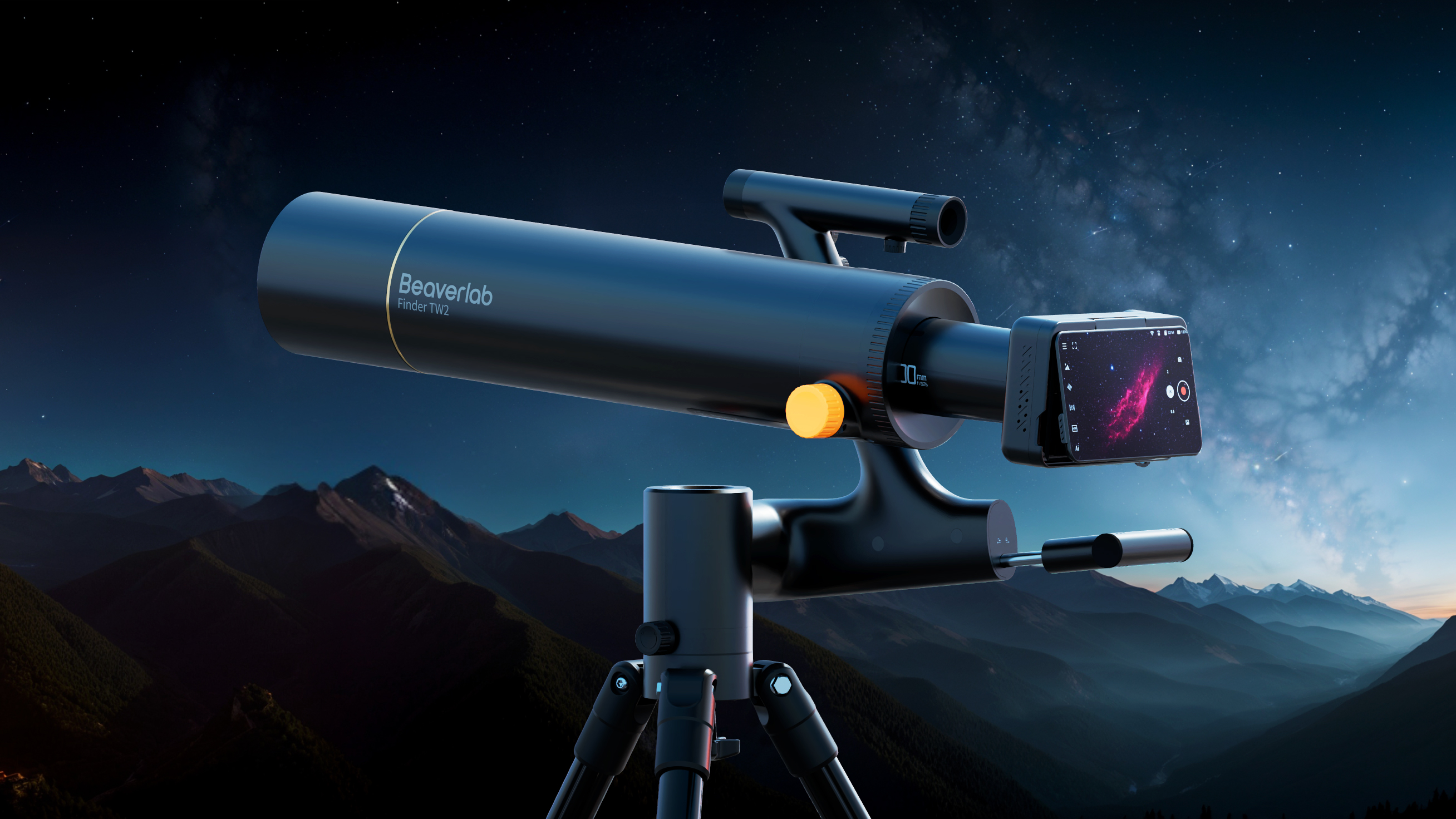
Beaverlab has just launched a new crowdfunding campaign for the Finder TW2 – an upgraded model of its groundbreaking Finder TW1 telescope and this time, it's harnessing the power of AI.
Beaverlab is a company born from a passion for technology and creativity with the mission of promoting human exploration. This is evident in its beautifully designed optical products, from microscopes and telescopes to its recent telephoto lens for mobile phones, each has an element of creativity and fun and caters to the enthusiastic beginner as well as the professional.
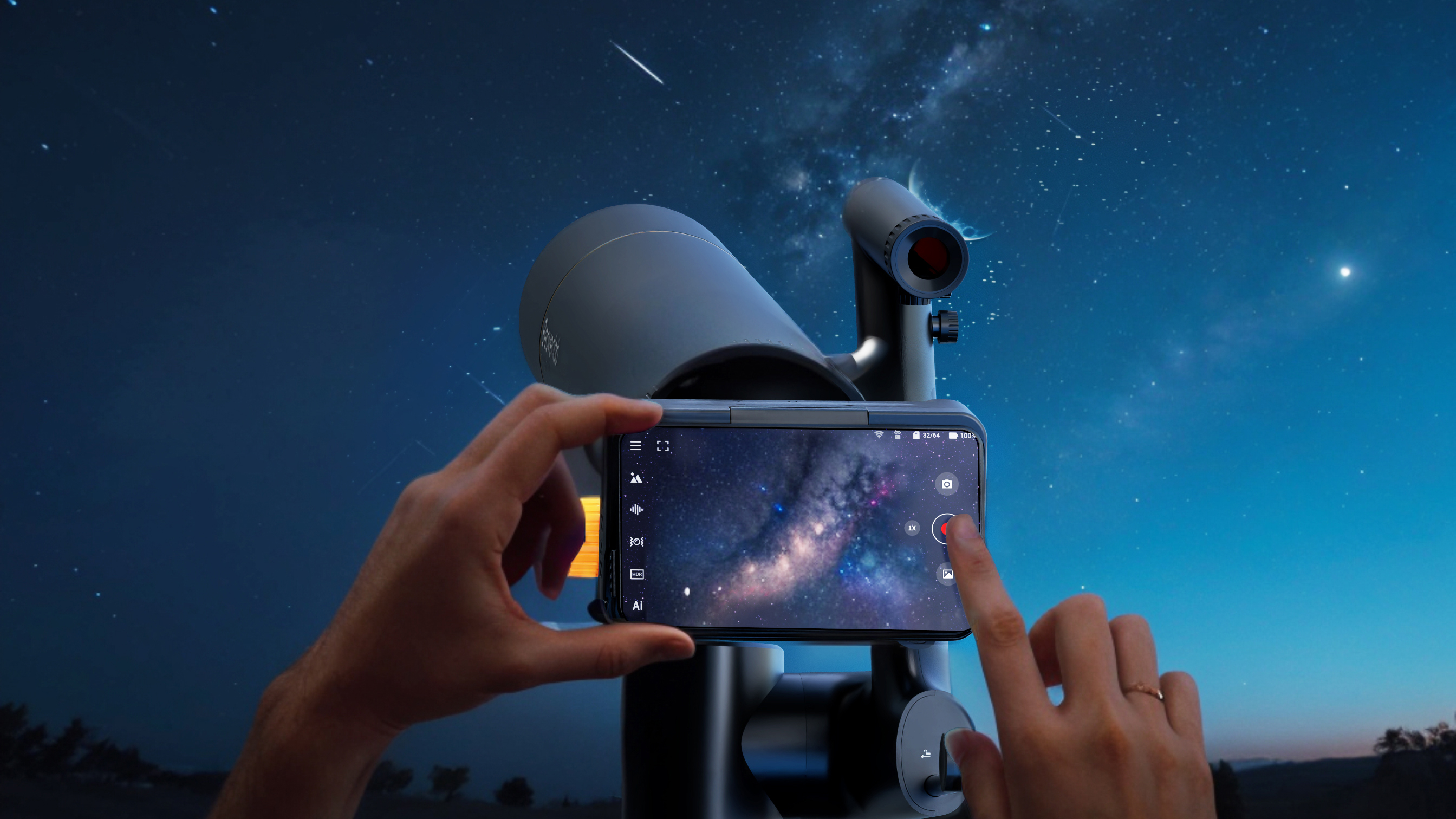
The new Finder TW2 is no different and claims to harness premium optics and the latest technology to enable users to explore the stars.
The 82mm aperture coupled with the 500mm focal length and 29x zoom capability facilitates high-definition 8MP photos and 4K video, capturing intricate details of the cosmos.
The Finder TW2 is an all-in-one telescope meaning it has everything you need right out of the box, and no extra equipment is required. The previous model needed a smartphone to act as the screen and capture device, whereas now the TW2 has an inbuilt 5-inch touchscreen and DS1 image capture device. It is also worth noting that the DS1 image capture device can be used on other telescopes, which is a very economical touch.
An all-new 1/1.8-inch starlight CMOS sensor is drastically larger than that in the TW1 which enables the capture of more light, enhancing performance in low-light conditions and providing better image quality with less noise. This is vital for astrophotography, as often shooting environments are less than ideal!
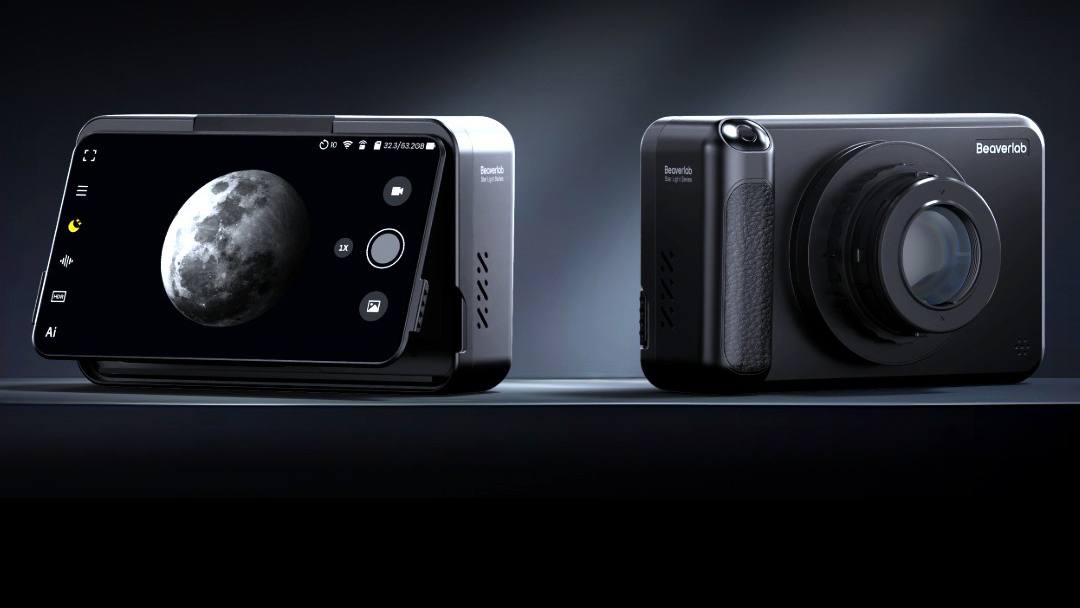
Founder of Beaverlab Simon Fang states, “Exploring the cosmos should not be exclusive to the affluent or technically skilled. Our state-of-the-art optical telescope revolutionizes stargazing by merging superior optical precision with exceptional affordability. Engineered to be lightweight and highly intuitive, it caters equally to seasoned astronomers and beginners. This latest telescope addresses the traditional barriers of cost and complexity, offering a transformative tool that democratizes access to the night sky for all".
Get the Digital Camera World Newsletter
The best camera deals, reviews, product advice, and unmissable photography news, direct to your inbox!
As with most modern technological devices, AI plays a pivotal role in powering new and improved features. The Finder TW2 AI features include "CCM (Color Correction Matrix) which enhances color accuracy for true-to-life images, CA (Chromatic Aberration) Correction which minimizes color distortion for sharp and clear visuals, WDR (Wide Dynamic Range) which balances lighting conditions to capture details in both bright and dark areas, MCTF (Motion Compensated Temporal Filter) ensuring clear and sharp images, even in motion, Noise Reduction which reduces image noise for cleaner, more detailed photographs, and finally Dehazing, which enhances image clarity by reducing haze and atmospheric interference".
Other notable features include anti-shake, compact form factor, real-time photo adjustments, and advanced image processing.
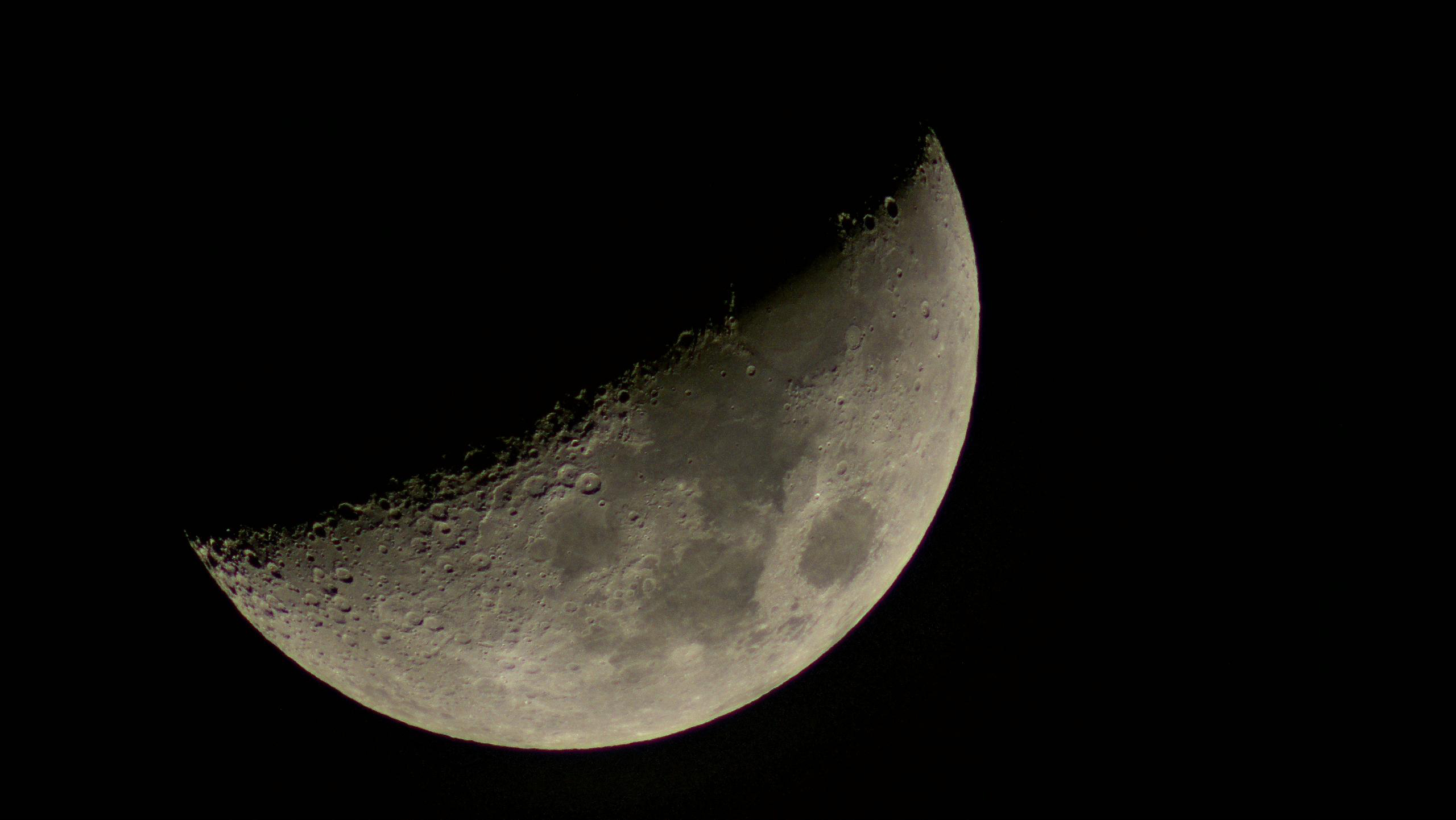
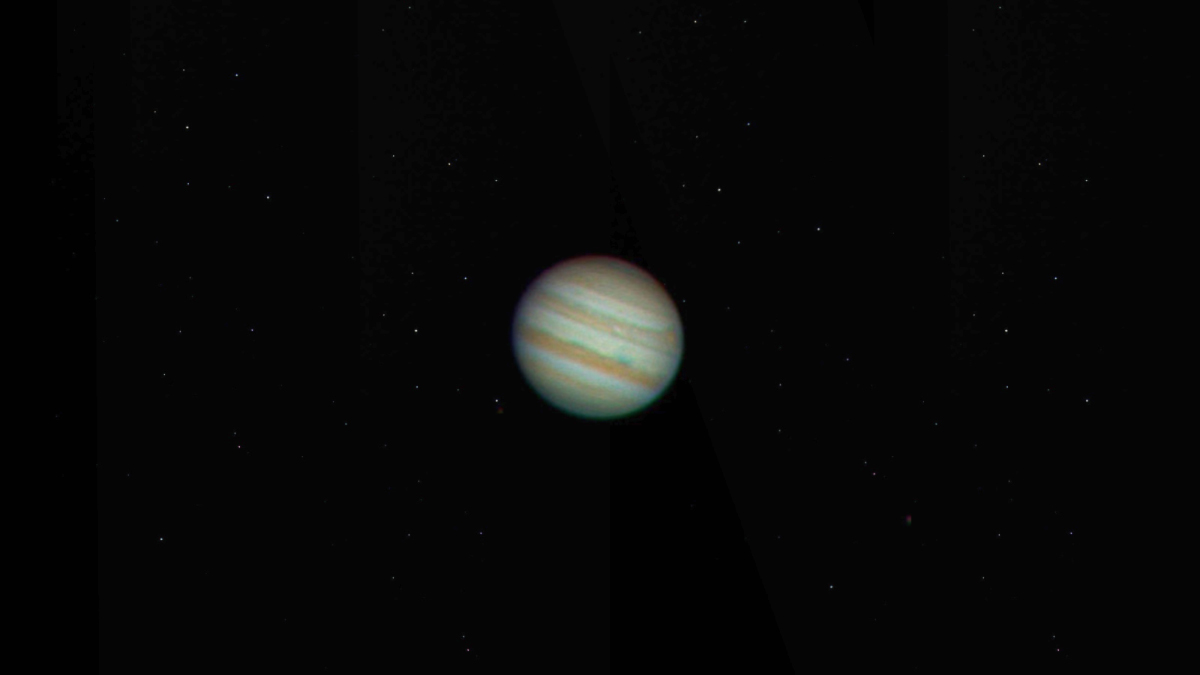
Above: Sample images taken with the Beaverlab Finder TW2
It also must be noted that although primarily marketed as a telescope to view the stars, it is also more than capable of capturing on-planet subjects, such as wildlife and distant landscapes.
This small and incredibly smart telescope is packed full of features and you may be forgiven for thinking it comes with a premium price tag. But staying true to its brand values, the Beaverlab Finder TW2 is available to back on Indiegogo now for an early bird special price of just $329 / £257 including the DS1 camera, and will have an RRP of $499 / £390 on release (Australian pricing to be confirmed).
Editor's note: As with all crowdfunding projects, there is no guarantee that the final product will match the early depictions in the campaign – or that the final product will be completed or delivered at all. DCW does not endorse this or any other crowdfunding campaign.
You be interested in our guides to the best telescopes for astrophotography, the best lenses for astrophotography, and the best cameras for astrophotography.

Kalum is a professional photographer with over a decade of experience, also working as a photo editor and photography writer. Specializing in photography and art books, Kalum has a keen interest in the stories behind the images and often interviews contemporary photographers to gain insights into their practices. With a deep passion for both contemporary and classic photography, Kalum brings this love of the medium to all aspects of his work.
